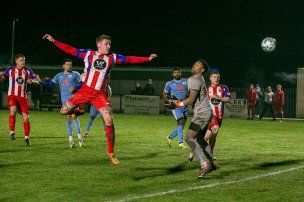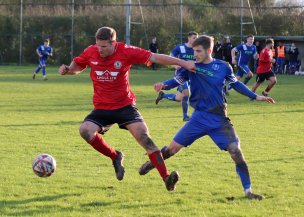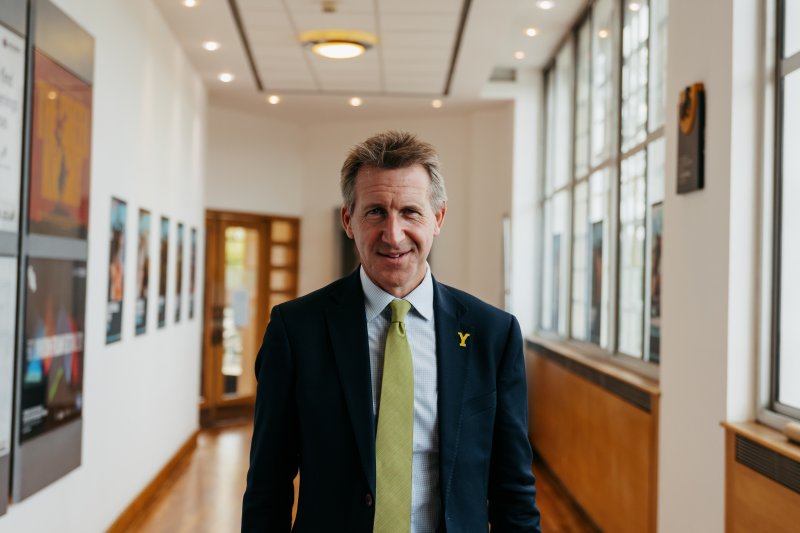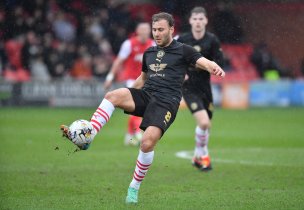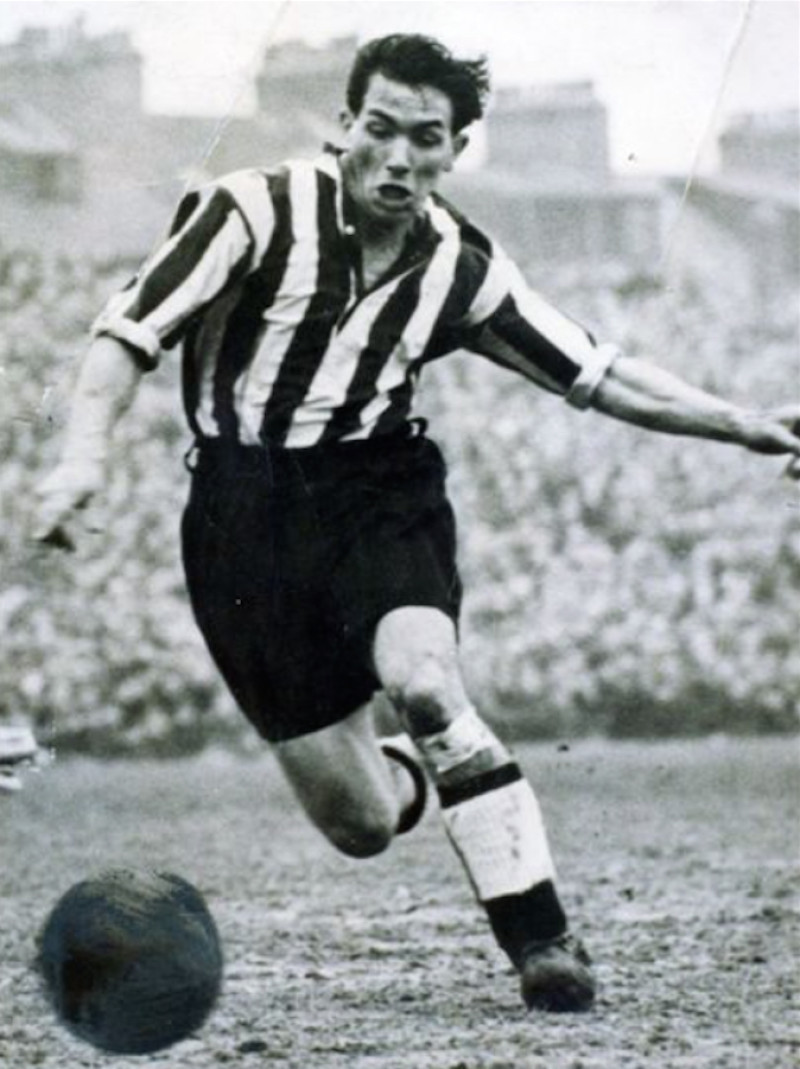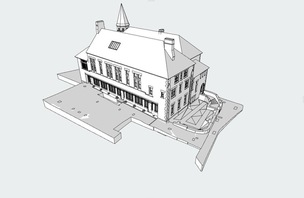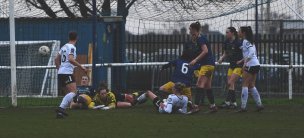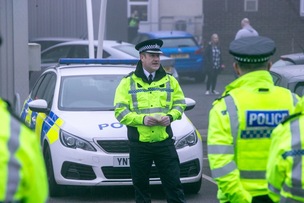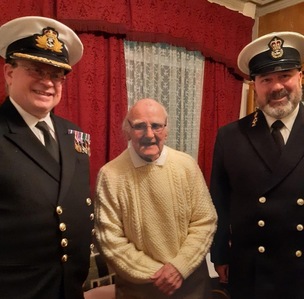With the season likely to be pushed back, Doug O’Kane andBarnsley FC historian David Wood look at the other times in the club’s history when a campaign has been delayed or cancelled.
1946/47 Reds visit Spurs on June 7 in latest ever game
The latest Barnsley have finished a season was in 1947 when they played their final game at Tottenham Hotspur’s White Hart Lane on June 7.
The winter of 1946/47 was one of the harshest ever known in the UK as a country still recovering from the Second World War was crippled by snow which landed almost every day from late January until early March before the thawing of frozen rivers caused mass floods. Roads, railways and power stations were all shut while industry and farming were severely effected, as was the value of the pound.
Like now, sport was called off and delayed with two of the nation’s biggest horseracing events, the Grand National and Epsom Derby, moved from their traditional Friday slots to Saturday where they have remained ever since. A meeting of the Football League and the clubs discussed the possbility of voiding the season but it was agreed to extend the fixture list until June and a campaign was eventually completed for the first time since the outbreak of the Second World War.
Barnsley did not play a game between the 4-2 loss at Newcastle United on February 1 and a 4-4 draw at Bury on March 1. They played four league matches in May, all at Oakwell and all ending in victories. Their final game was a 1-1 draw at Spurs which left them tenth in the Division Two table. George Robledo – future FA Cup winner with Newcastle and World Cup star with Chile – equalised at White Hart Lane with his 23rd goal of the season after the hosts had taken the lead through a penalty.
1938/39 Maxwell is Barnsley’s forgotten hat-trick hero
In 2011, I felt privileged to be a co-author, along with Grenville Firth, of the Who’s Who of Barnsley Fooball Club, writes David Wood.
The 1,069 footballers, 19 managers and one founder were checked and cross-checked for their inclusion prior to publication and we were confident that no one was missing. The day of the booklaunch, I was tapped on the shoulder by long-standing fan John Puddephat of Wakefield. “Tha’s left someone art” he said in his trademark direct manner. “Oh really, John? Who’s that?” I answered. ‘Bud Maxwell’ was his response and he went on to tell me that he had attended Maxwell’s Barnsley debut when he became only the second player in our history to mark his first appearance with a hat-trick. But those goals would be erased.
Bud was the only major addition in the summer of 1939 to Barnsley’s legendary Third Division North title-winning side. He signed from Preston North End – in a player plus cash deal that saw Emlyn Williams move the other way – and was seen as a direct replacement for Beau Asquith who had moved to Old Trafford. His time at Preston following the FA Cup win in 1938 had been somewhat injury-plagued but he came to Barnsley with a career total of 163 goals from 255 games.
It was felt, and not only in the local press, that this Barnsley team with a fit Maxwell at its head, could deliver top flight football for the first time. Maxwell’s August 26 debut against Nottingham Forest did little to change those views as he scored a hat-trick in a 4-1 win. He also scored the next week at Coventry City but, the next day, war was declared with Germany and all public sport was banned – leading ultimately to the cancellation of the Football League.
Barnsley retained the registrations of all their players during the conflict but many were never to play for the club again. Maxwell returned to his native Scotland and served with the Royal Navy throughout the Second World War while guest-starring for Kilmarnock, Morton and his old employers Preston when home on leave. When football restarted in 1946, Barnsley placed him on the ‘open to transfer’ list – looking for £300 for his signature. But there were no takers. The club refused to lower their valuation, so the 33-year-old chose a move to non-league Shrewsbury Town for free.
The 1946/47 season replicated the fixtures from seven years previously and Barnsley opened their account with a home win against Nottingham Forest with another hat-trick hero debutant in George Robledo. Since the publication of the Who’s Who nine years ago, 183 players have made their debut. Should the current campaign be abandoned, 16 will have their Reds careers erased like Maxwell.
1919/20 Barnsley denied place in top flight after First World War
Barnsley had finished third in the Second Division in the 1914/15 season, just outside the two promotion places, still with many of the FA Cup winners from 1912 in their side.
After the First World War ended and the 1919/20 season was set to restart, with 22 sides instead of the previous 20, the Football League held a vote to see which club would be promoted to the top flight along with Preston North End and Derby County who had finished in the second tier’s top two before the war.
The Reds felt they should be promoted as they had finished third but Arsenal, who finished sixth, won the vote amid claims of match-fixing which have never been proven.The Oakwell representatives stormed out of the meeting in disgust.
Adding to the drama was the fact that, before the war, Liverpool and Manchester United had been found guilty of match-fixing following one of the longest inquiries ever held in British football and life bans for seven individuals. There were calls for both clubs to be removed from the top flight but the Football League president John McKenna – also the Liverpool chairman – declined to do so.

